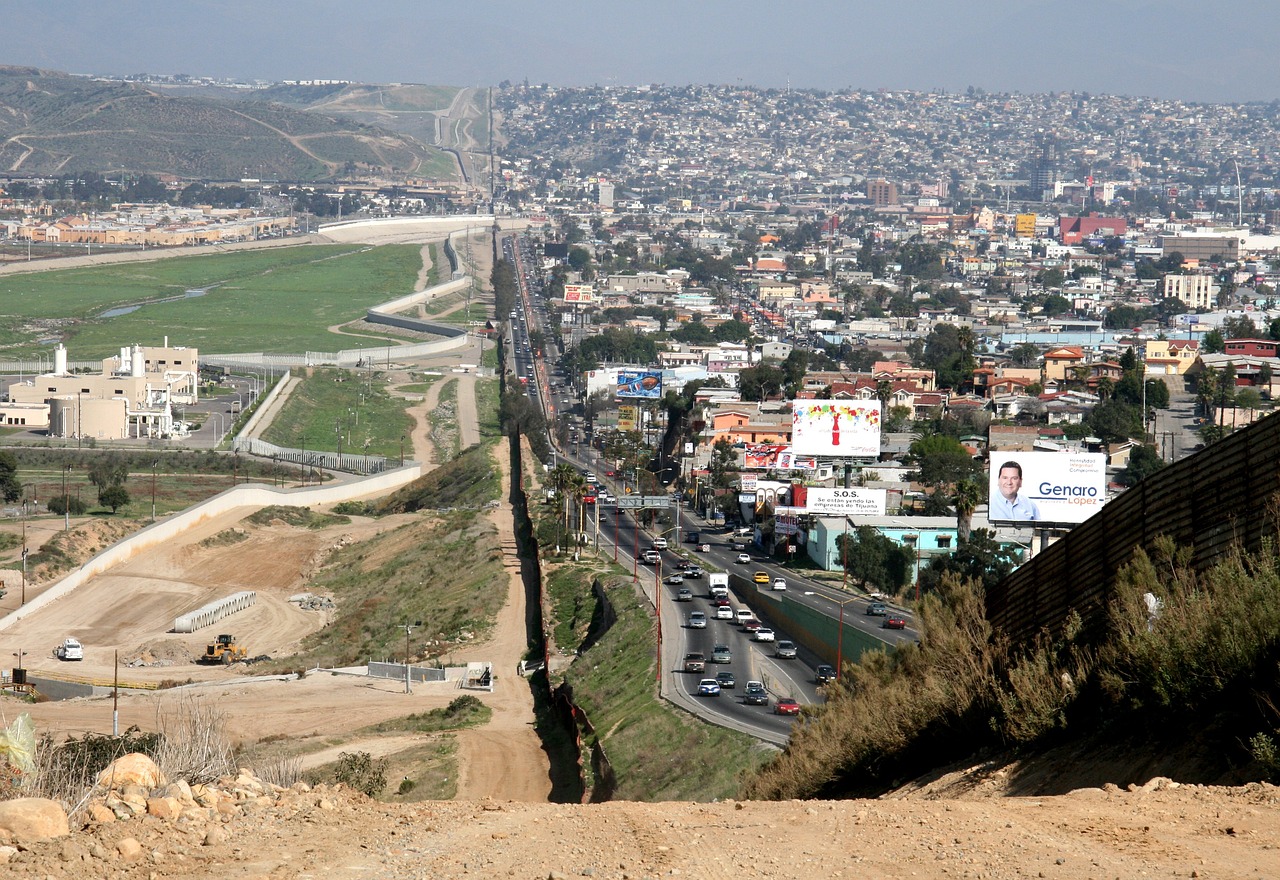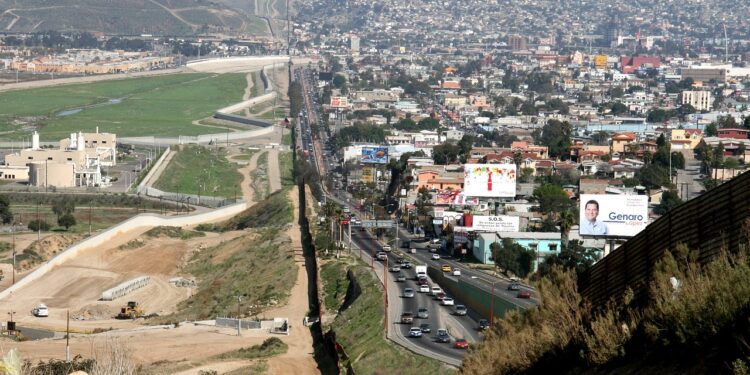Countries around the world are increasingly tightening security both inside and around their borders, taking measures to control the high rate of immigration. These actions are often in response to concerns over national security, public services, and integration challenges. Germany is no exception, with its government announcing new plans to impose tighter border controls to address irregular migration.
New Border Controls and Security Measures
On Monday, Germany’s interior minister announced plans to impose stricter controls at all of the country’s land borders, starting from September 16, 2024. This initiative will last for six months and is part of a broader effort to manage irregular migration, particularly in light of rising immigration from conflict zones and regions experiencing economic hardship, such as the Middle East.
According to Interior Minister Nancy Faeser, the move aims to strengthen internal security and curb illegal migration, which has been a significant concern in Germany over the past decade. Faeser stated, “We are strengthening internal security and continuing our hard line against irregular migration.”

Political Context: Responding to Far-Right Pressure
The German government, led by Chancellor Olaf Scholz’s Social Democrats (SPD), is facing increasing political pressure from far-right and conservative parties, particularly the Alternative for Germany (AfD). These parties have gained support by emphasizing the strain on public services, security issues, and challenges in integrating new arrivals into German society. As migration becomes a key political issue, the government’s measures aim to regain control over the narrative and show voters they are addressing concerns about national security and immigration.
The far-right AfD, which earlier this month won a state election in Thuringia, is becoming a formidable force by capitalizing on fears around immigration.
This was the first victory for a far-right party in Germany since World War II, signaling a significant shift in voter sentiment. Polls suggest that migration will also be a central issue in upcoming elections in Brandenburg, where the SPD faces stiff competition from nationalist parties.
Impact of Immigration on Security
Recent security incidents have intensified the debate over immigration in Germany. A knife attack in the western city of Solingen, which left three people dead in August, was claimed by the Islamic State group. The suspect in this attack was an asylum seeker, fueling public concerns about the potential links between immigration and violent extremism.
These high-profile cases have raised alarms, with many Germans feeling that immigration policies may be contributing to security risks. The far-right and conservatives have used such events to bolster their arguments for stricter immigration controls and tougher policies on asylum seekers.
Shifting Public Sentiment and Nationalist Movements
The rise in immigration has led to growing unease among many Germans, who worry about the strain on public resources, job competition, and national security. This unease has contributed to a political shift, with voters increasingly favoring nationalist parties that advocate for stricter immigration policies. The growing popularity of the AfD reflects this sentiment, as they campaign heavily on the need to limit migration and secure national borders.
Experts, such as Marcus Engler from the German Centre for Integration and Migration Research, have observed that the government’s recent moves are symbolic, signaling to both Germans and potential migrants that the country is no longer as welcoming as it once was. “The intention of the government seems to be to show symbolically to Germans and potential migrants that the latter are no longer wanted here,” Engler commented.















